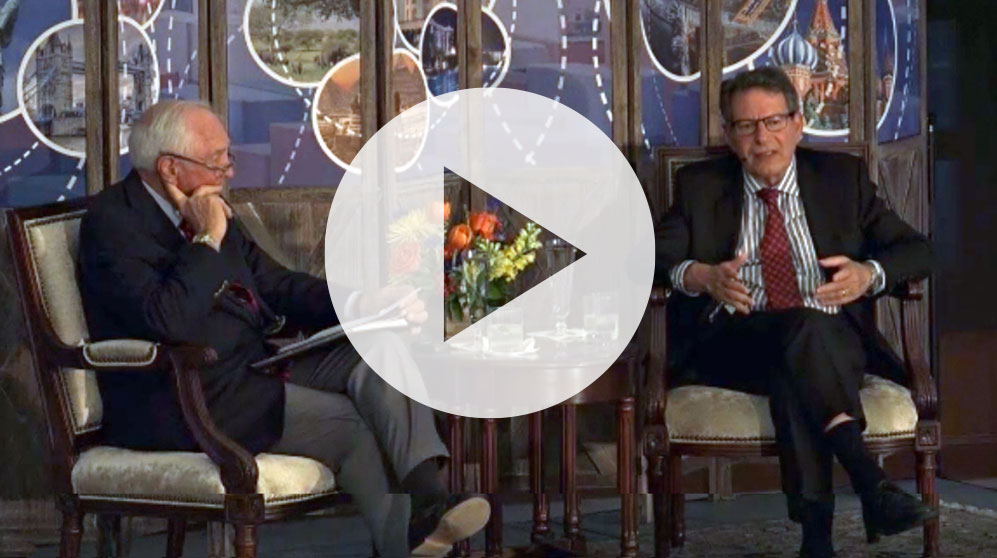Elder Trusts Can Give You & Your Heirs Peace of Mind
• 2 min read

Get the latest in Research & Insights
Sign up to receive an email summary of new articles posted to AMG Research & Insights.

QUESTION:
I’m getting up there in years, and I’m worried that I might make a bad financial decision in the future and squander my children’s inheritance, or impair my ability to take care of my own needs. Should I establish an elder trust that safeguards my assets while giving me a fixed monthly allowance?
ANSWER:
Each person’s solution to this question is unique, depending on their financial means, goals and family situation. Revocable trusts have many advantages. You, as grantor, have unlimited ability to contribute and withdraw funds. It is more tax efficient than an irrevocable trust. You can also change the terms of the trust, including the trustee, at any time.
This gives you the ability to appoint a separate trustee, such as AMG or a close family member. The trustee can manage the trust and even use it to pay your bills while still giving you unfettered access to the account. While the separate trustee does not have authority to prevent an unwise withdrawal on your part, they are in a unique position to spot erratic behavior and inform you.
Of course, the flexibility in the revocable trust is also its main drawback. The ability to withdraw money, change the terms and fire the trustee at will leaves it open to many of the problems you are trying to avoid.
The irrevocable trust has more built-in protections but is less flexible because it’s very difficult to change any provisions once created. However, most people can build enough access to get comfortable with irrevocability. An independent trustee would manage the trust. The trust could be discretionary only, meaning the trustee approves the distributions based on your needs. It could be non-discretionary, requiring the trustee to make distributions paid at regular intervals. Or it could be both: a mandatory income stream with discretionary distributions based on needs. There is a little more initial work for you as you help the trustee understand your needs, but once the irrevocable trust is in place, the trustee takes over the heavy lifting on distributions, investments and taxes.
This information is for general information use only. It is not tailored to any specific situation, is not intended to be investment, tax, financial, legal, or other advice and should not be relied on as such. AMG’s opinions are subject to change without notice, and this report may not be updated to reflect changes in opinion. Forecasts, estimates, and certain other information contained herein are based on proprietary research and should not be considered investment advice or a recommendation to buy, sell or hold any particular security, strategy, or investment product.
Get the latest in Research & Insights
Sign up to receive a weekly email summary of new articles posted to AMG Research & Insights.




